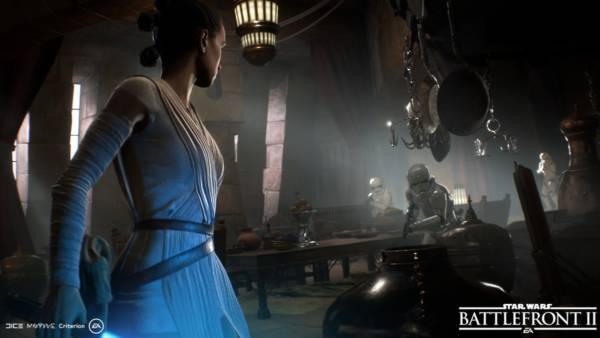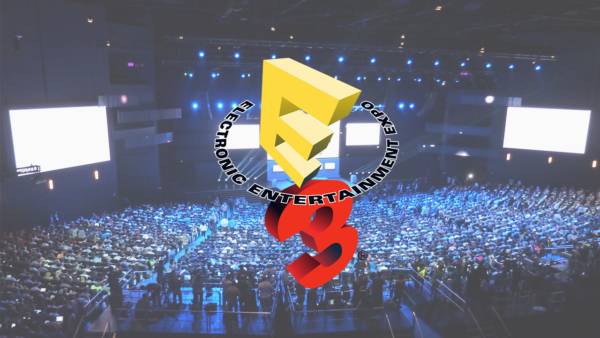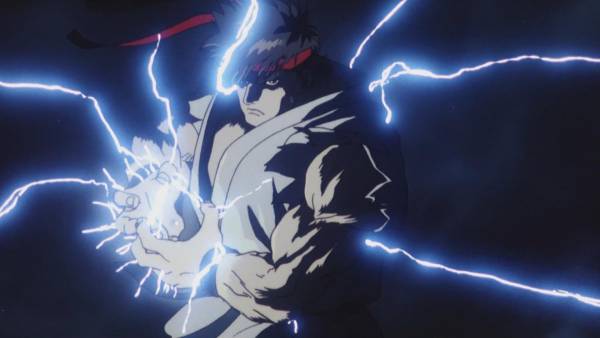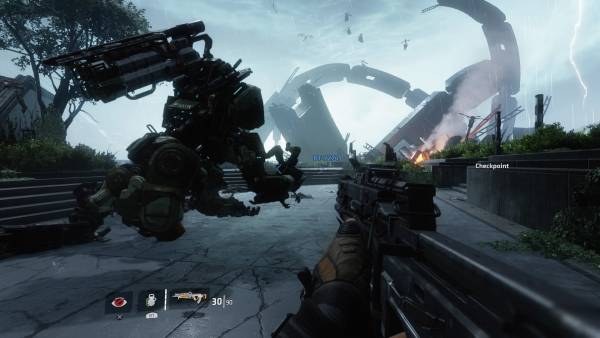Ruled on Wednesday, a federal appeals court in San Francisco has decided that EA must face any and all legal claims made by college athletes. The claims made address EA’s unfair usage of their images without any compensation. The 9th U.S. Circuit Court of Appeals stated that EA cannot invoke the 1st Amendment in order to shield itself from the lawsuit.
The legal action in question was originally filed back in 2009 by Sam Keller, a quarterback who played for Arizona state before transferring to the University of Nebraska. Combined with a similar lawsuit by former UCLA basketball player, Ed O’Bannon against the NCAA, it argues for class action status to represent all current and former players.
EA claims that the college-based sports games it has created were works of art and should be protected by freedom of expression protection. This was disagreed on by the court however since the avatars used were exact replicas of players resulting in the avatars being to realistic to be considered an art form. EA plans to appeal on this ruling however.
“Every real football player on each team included in the game has a corresponding avatar in the game with the player’s actual jersey number and virtually identical height, weight, build, skin tone, hair color, and home state,” Judge Jay Bybee wrote for the divided three-judge panel.
Bybee also noted that EA omitted putting the names of players on the avatars and rejected EA’s dispute that the game simply gathered publicly available information such as statistics and biographies.
“EA can hardly be considered to be ‘reporting’ on Keller’s career at Arizona State and Nebraska when it is not even using Keller’s name in connection with his avatar in the game,” Bybee concluded.
Judge Sidney Thomas argued that the majorities stance will jeopardize creative people’s rights to use real people in works of fiction. “Absent the use of actual footage, the motion picture ‘Forrest Gump’ might as well be just a box of chocolates,” Thomas wrote. “Without its historical characters, ‘Midnight in Paris’ would be reduced to a pedestrian domestic squabble.”
The decision reached in this case contrasts with a separate ruling between Jim Brown and EA, in which EA won. Brown argued that his inclusion in the Madden games suggested an endorsement on his behalf but the court ruled that Brown needed to provide evidence that his inclusion caused a suggestion of endorsement.
“As expressive works, the Madden NFL video games are entitled to the same First Amendment protection as great literature, plays, or books,” the panel concluded. “Brown’s likeness is artistically relevant to the games and there are no alleged facts to support the claim that EA explicitly misled consumers as to Brown’s involvement with the games.”
That’s a lot of information to take in which resolves with College athletes gaining the ability to sue EA on the grounds of unfair usage of their image. What do think on the courts decision? Let us know in the comments.








